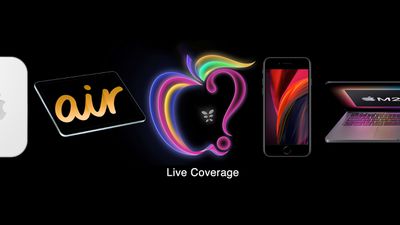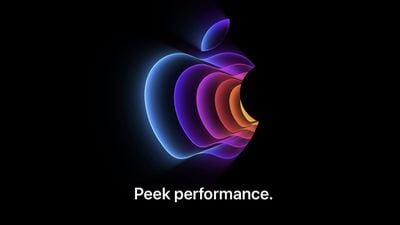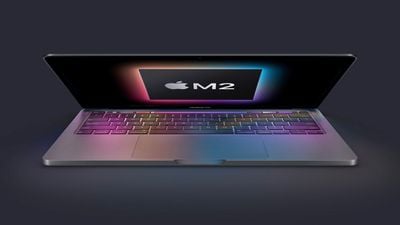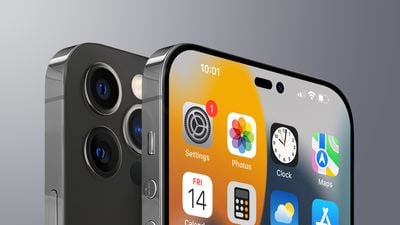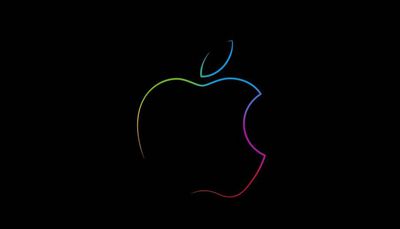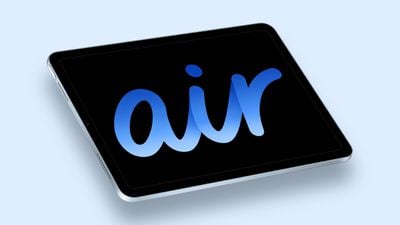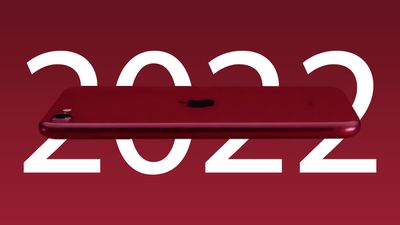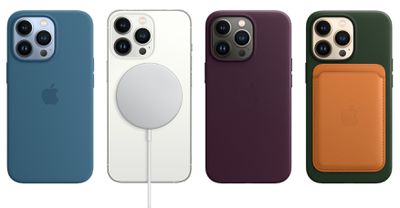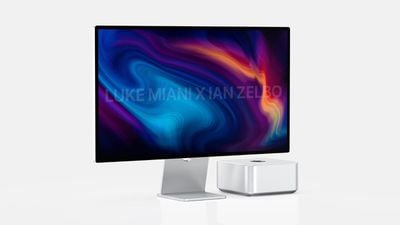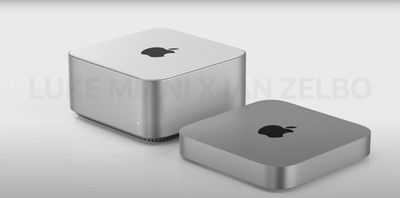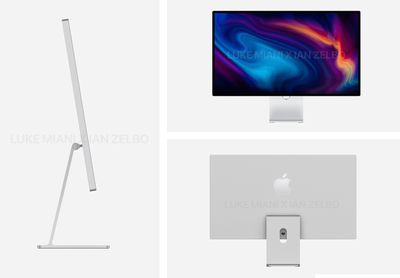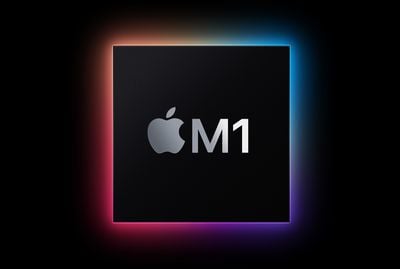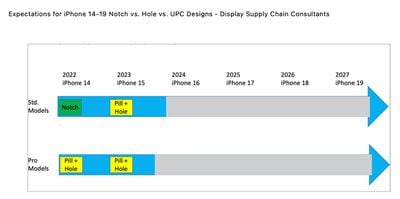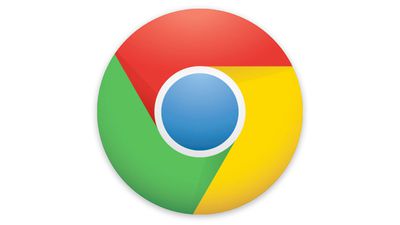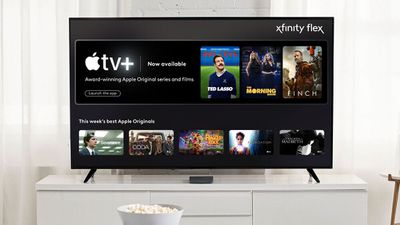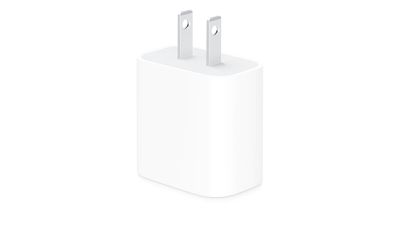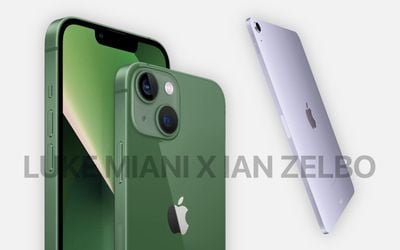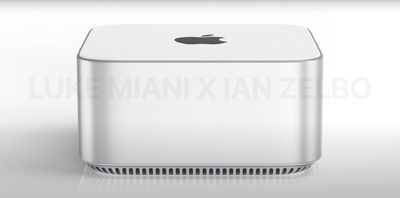Apple debuted two new iPhone 13 colors at its "Peek Performance" digital event today, offering the iPhone 13 and iPhone 13 mini in a new "green" and the iPhone 13 Pro and iPhone 13 Pro Max in "alpine green."
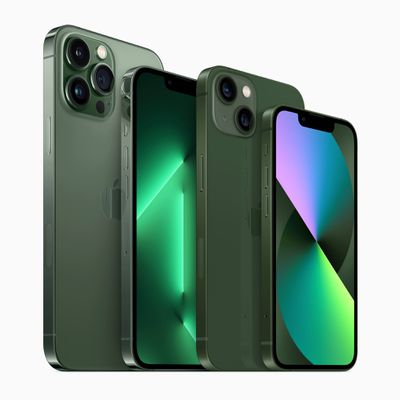
"People love the design of iPhone 13 Pro and iPhone 13, and we're excited to unveil the stunning new alpine green and green finishes, which join the wide range of beautiful colors on the iPhone 13 lineup," said Bob Borchers, Apple's vice president of Worldwide Product Marketing. "These new colors give customers even more options when choosing their iPhone, and we can't wait for them to take advantage of all the iPhone 13 lineup offers, including unmatched performance with A15 Bionic, our best camera systems, massive improvements to battery life for everyday needs, fast 5G, incredible durability, and so much more."
Apple says it will offer a new dark, forest-type green for the iPhone 13 and iPhone 13 mini, and a lighter Alpine Green for iPhone 13 Pro and iPhone 13 Pro Max.
iPhone 13 Pro and iPhone 13 Pro Max will be available in the new alpine green in 128GB, 256GB, 512GB, and 1TB storage options, starting at $999 and $1,099, respectively. Meanwhile, the iPhone 13 and iPhone 13 mini will be available in the new green in 128GB, 256GB, and 512GB storage options, starting at $799 and $699, respectively.
Customers in Australia, Canada, China, France, Germany, India, Japan, the UK, the US, and more than 30 other countries and regions will be able to pre-order iPhone 13 Pro and iPhone 13 Pro Max in alpine green, and iPhone 13 and iPhone 13 mini in green, beginning at 5 a.m. Pacific Time on Friday, March 11, with availability beginning Friday, March 18.


